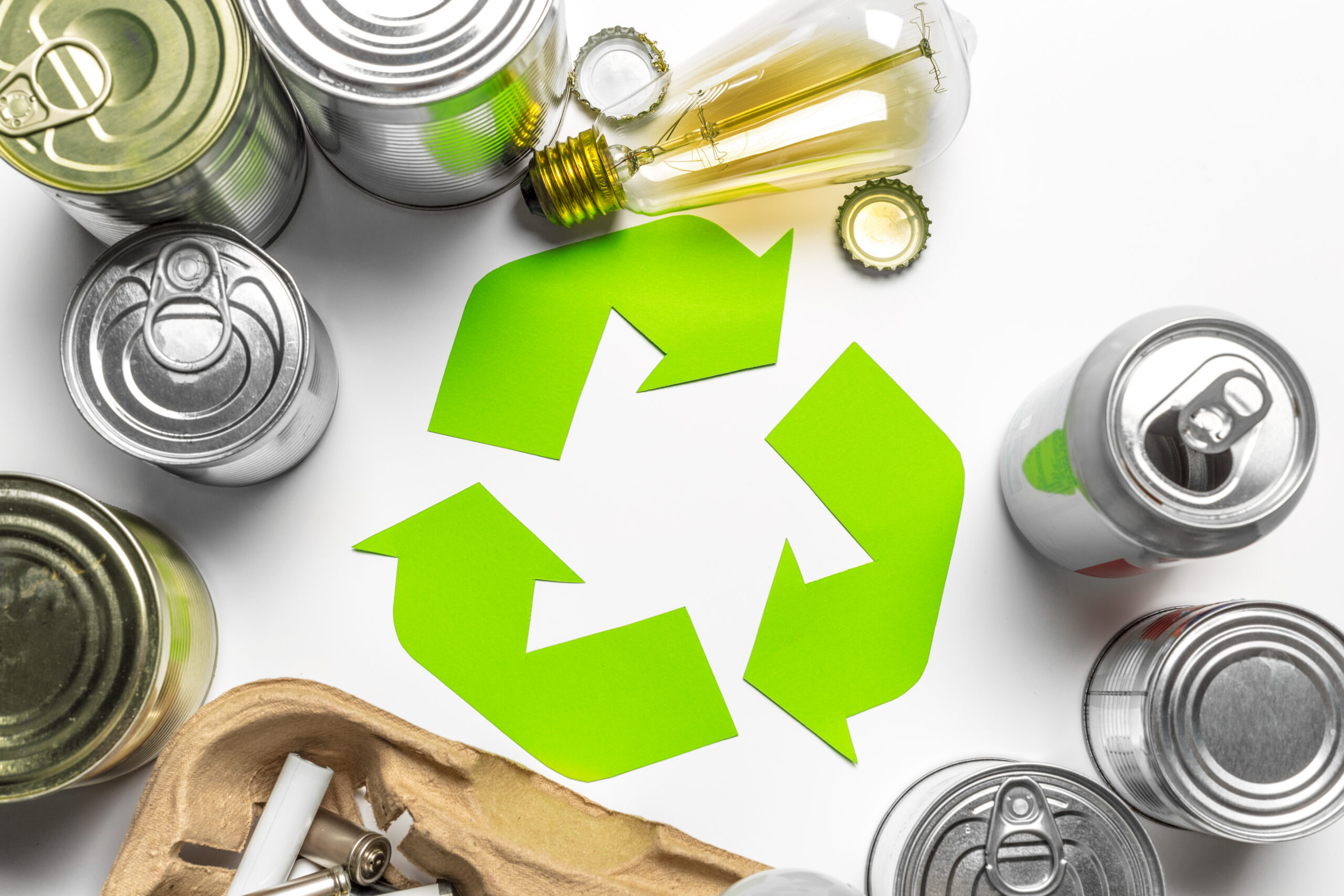In our ever-growing world, the challenge of managing waste is more critical than ever. Recycling and waste reduction offer a tangible solution, turning potential pollutants into valuable resources. By focusing on these two principles, communities can significantly lower their environmental impact and protect ecosystems for future generations. Recycling isn’t just a technical process; it’s a symbol of conscious living, where individuals and societies understand the delicate balance between consumption and conservation.
Recycling is about more than separating paper, glass, and plastic. It’s a movement toward a circular economy, where products are designed with their end-of-life in mind. This shift in mindset promotes the reuse and repurposing of materials, reducing the need for new raw materials and thereby conserving natural resources. It’s an economic model that not only minimizes waste but also creates jobs in recycling and materials recovery industries. The more we embrace this approach, the less dependent we become on finite resources, making the system more resilient and sustainable.
However, it’s important to note that recycling alone cannot solve the world’s waste crisis. The true solution lies in preventing waste from being generated in the first place. This involves rethinking how products are manufactured, packaged, and consumed. Companies have a significant role to play, as they can design products that are not only durable but also repairable and reusable. This approach, often termed “zero waste design,” encourages businesses to innovate in ways that make their products last longer and use fewer materials.
The role of education in driving this change cannot be overstated. Starting with younger generations, schools can shape the next wave of eco-citizens who will prioritize sustainability in every facet of life. By incorporating environmental education into curricula, students learn not only the technical aspects of recycling but also the broader implications of waste. They develop a critical understanding of how their everyday actions—such as choosing reusable bags over plastic ones or reducing food waste—contribute to a healthier planet.
Moreover, local governments and communities are key players in this effort. By providing accessible recycling programs and encouraging participation through incentives, they can increase the amount of material diverted from landfills. Cities around the world are experimenting with different models, from curbside recycling programs to large-scale composting initiatives. These efforts not only reduce the burden on waste disposal systems but also create a more engaged and environmentally aware citizenry.
But the real challenge comes in reaching those areas where infrastructure is lacking. Developing regions, where waste management systems may be underfunded or nonexistent, face significant hurdles in implementing widespread recycling programs. Yet, even here, grassroots initiatives can make a difference. Communities have found creative solutions, like establishing small-scale recycling cooperatives or using innovative methods to repurpose waste materials. These local efforts, when combined with international support and technological advances, hold immense potential for expanding recycling efforts globally.
In the end, small, consistent actions by individuals can lead to significant change. As we continue to push for better recycling methods and waste reduction strategies, the future looks greener. These initiatives are not just saving space in landfills; they’re building a legacy of environmental stewardship that will benefit generations to come. As more people adopt waste-conscious habits, the collective impact becomes greater, proving that even small changes can contribute to solving one of the world’s biggest environmental challenges.






